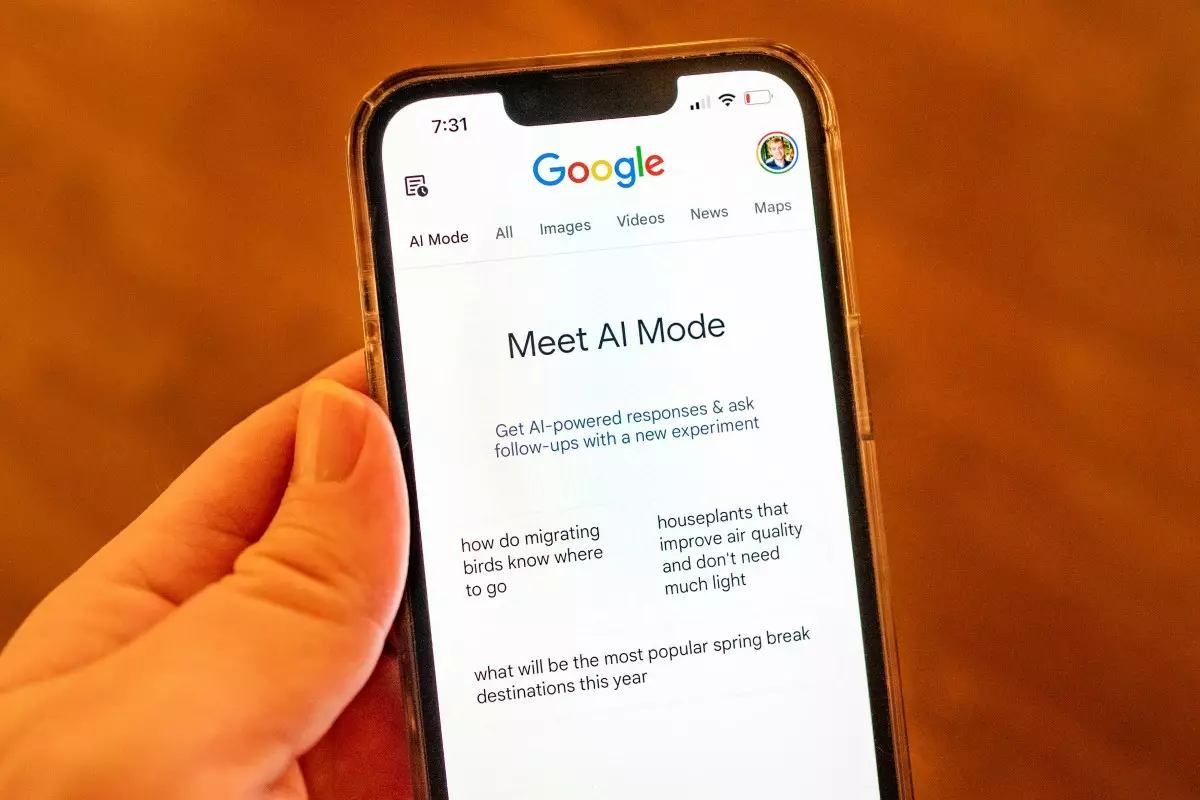Google is revolutionizing the traditional search experience by expanding its AI Mode to a global audience, signaling a shift towards a more interactive and personalized digital landscape. No longer just a tool for quick lookups, AI Mode introduces a conversational approach where users can pose complex questions and receive nuanced follow-up answers. This development pushes beyond basic keyword matching, fostering a deeper engagement that aligns with how humans naturally communicate. Rather than simply scanning for keywords, Google’s AI Mode now acts as an intelligent assistant capable of processing layered inquiries, thus elevating search from a static list of links to an ongoing dialogue. The strategic move to include 180 new countries and expand language options demonstrates Google’s confidence in this model as a future cornerstone of user interaction.
Personalization and Agentic Capabilities as Game Changers
What truly sets this update apart is the introduction of agentic features—tools that allow the AI to proactively assist with real-world actions. Imagine asking Google to find a dinner reservation tailored to your specific preferences or to help you secure tickets for an upcoming event. These features exemplify a shift from passive information retrieval to active task completion. The integration of personalized data—such as past searches, preferences, and behavioral signals—enables AI Mode to deliver suggestions that feel uniquely curated for each user. This level of customization moves search closer to a concierge service that understands your habits and tastes, fostering loyalty through tailored and efficient assistance.
The rollout of such functionalities within the high-tier Google AI Ultra subscription underscores their complexity and premium value. By offering these agentic capabilities initially to premium users, Google is testing innovative features before broadening their accessibility, emphasizing their importance in shaping the future of digital assistance.
Privacy, Collaboration, and the Future Outlook
A notable aspect of these advancements is Google’s acknowledgment of user control over personalization. By providing options to adjust settings within Google Accounts, the company attempts to balance intelligent personalization with privacy concerns—a delicate tightrope walk that will define the acceptance of this technology. Furthermore, the introduction of collaboration features, such as sharing AI-generated responses, suggests a vision where Google’s AI becomes a social tool, facilitating joint decision-making and planning. Whether organizing trips or coordinating events, this functionality transforms AI from a solitary assistant into a collaborative partner.
As Google pushes these boundaries, it provokes critical questions about dependence on AI for everyday decision-making and the potential implications for user privacy. Nevertheless, the company’s bold stride indicates a future where search is no longer a passive activity but a continuous, personalized interaction that anticipates and fulfills our needs. With AI Mode’s expanding power, Google is positioning itself as not just a search engine, but a comprehensive life assistant—an evolution that could redefine our digital habits permanently.

